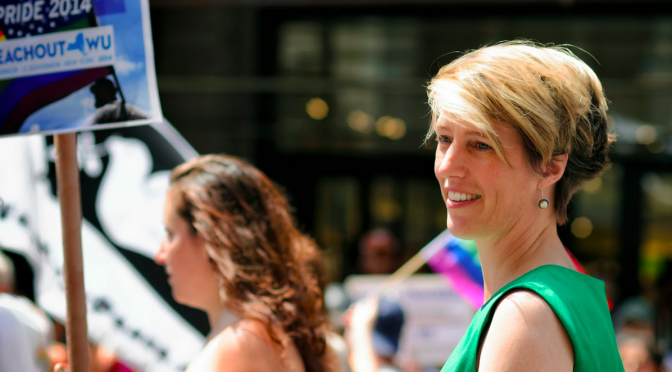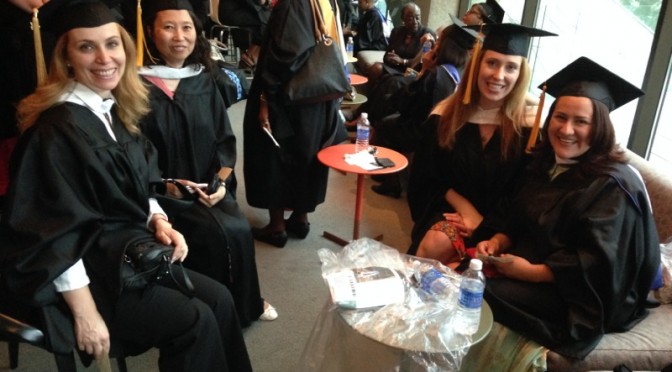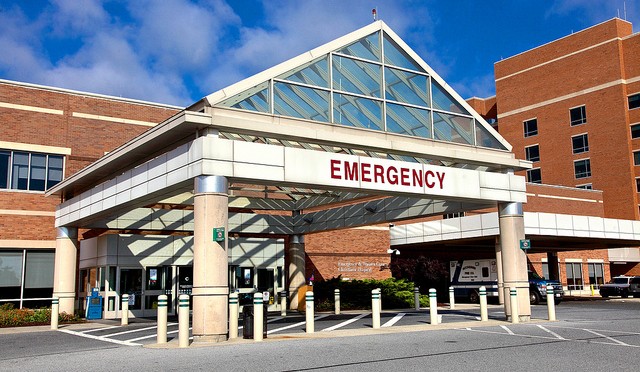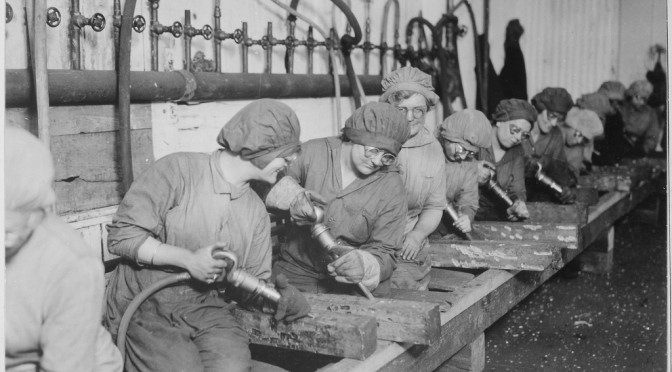By Joshua Freeman
This election season has seen an unusually open battle regarding political strategy among New York unionists and progressives. At stake is a crucial issue: how to balance the demands of building a movement that can fundamentally change a political and economic system that fails to serve most Americans against the existing political arrangements that benefit particular groups of workers. This was the key issue at the Working Families Party convention last May.
In 2010, the WFP backed Cuomo even as he attacked public sector unions and ran as a pro-business centrist. Once in office, he forced state workers to accept repugnant give-back contracts under the threat of mass layoffs, fought to lower taxes at the expense of services, and blocked various progressive initiatives.
This year, many WFP activists vowed not to go down the same road again. Continue reading Teachout’s Teach Out







